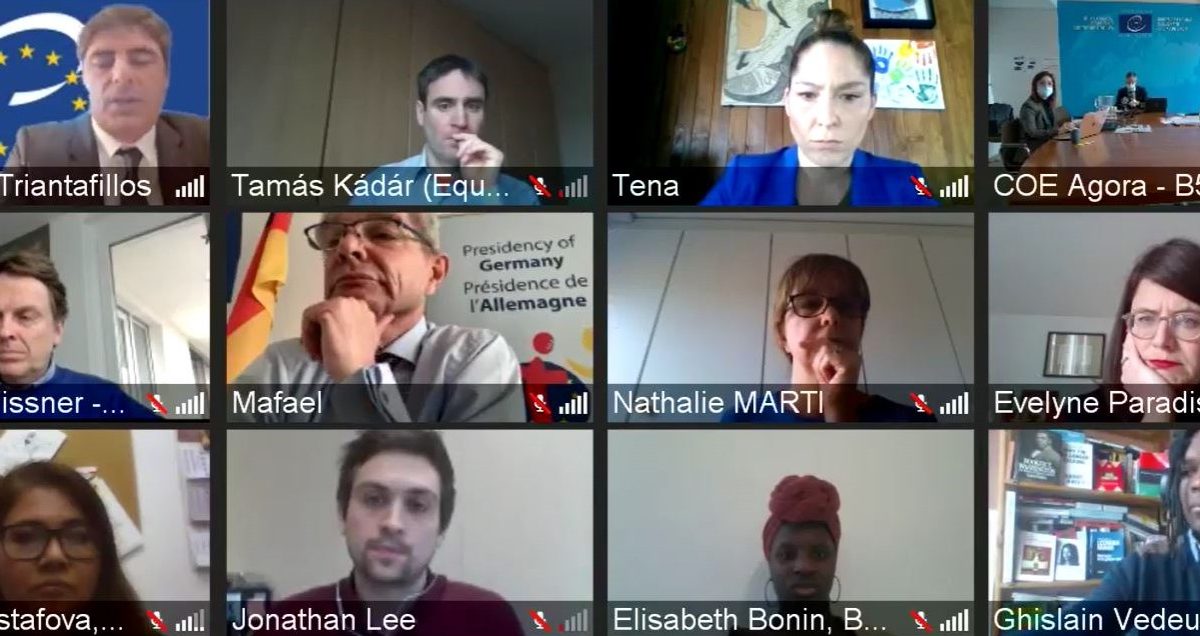“Equality must be at the centre of the COVID-19 response. This type of an approach would benefit all and equality bodies can make a valuable contribution,” stressed Tena Šimonović Einwalter, Deputy Ombudswoman and chair of the European Network of Equality Bodies (EQUINET), speaking at the online panel Promising Practices on Upholding Equality and Protecting Against Discrimination and Hate During the COVID-19 Pandemic, organised on 10 March 2021 by the Council of Europe’s Steering Committee on Anti-discrimination, Diversity and Inclusion (CDADI) and Permanent representation of Germany to Council of Europe on the occasion of the Regional Forum of Sustainable Development of the United Nations Economic Commission for Europe (UNECE).
Along with their direct work with discrimination victims, including receiving complaints, issuing recommendations and acting on their own initiative, on issues such as hate speech or difficulties in the access to services, equality bodies have provided significant contributions in the form of legislative recommendations on the lack of access to information faced by various groups of citizens and domestic violence. Furthermore, they have advocated for an inclusive and equality-based pandemic response and warned about the stigmatisation and the impact of the corona-crisis on the vulnerable social groups, noted Šimonović Einwalter.
In its COVID-19 response database EQUINET has collected the data on the impact of the pandemic on equality in Europe, including the information on the activities of 28 European equality bodies related to the current health crisis. In 2020 the organisation published its Recommendation for a Fair and Equal Europe: Rebuilding Our Societies after COVID-19, detailing concrete steps that need to be undertaken in the process our societies’ recovery. “The recommendation reflects our belief that this pandemic has provided us with a unique opportunity, but also an imperative, to base our efforts to rebuild Europe and our societies on the principles of fairness and equality, leaving no one behind,” concluded Šimonović Einwalter.
More information about the activities of the Office of the Ombudswoman during the pandemic, including within its mandate of Croatia’s central equality body, is available on the COVID-19 response section of our web page, as well as in our 2020 annual report.


